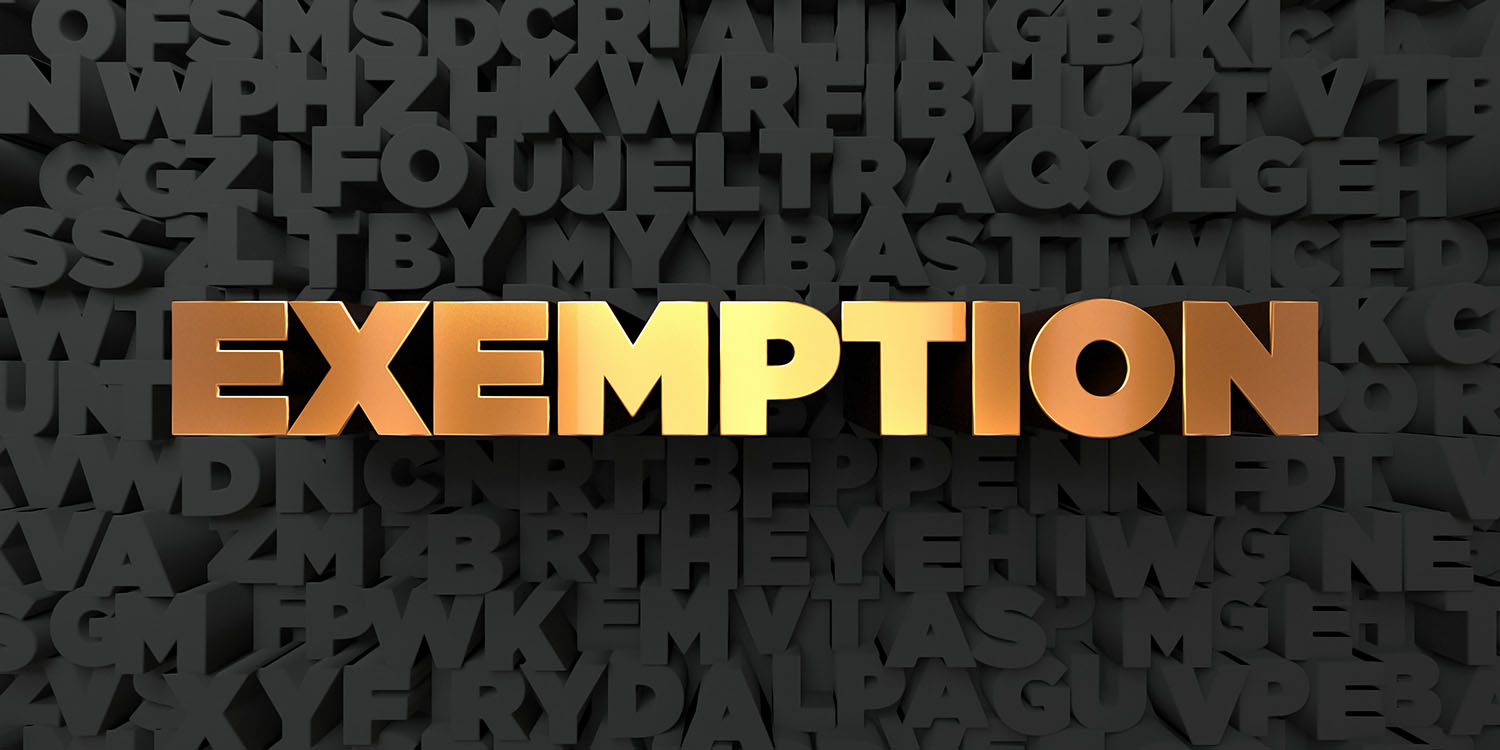What Assets Can I Keep in an Arizona Bankruptcy?
Part of the bankruptcy procedures include exemptions that the courts allow bankruptcy filers to claim when they file their bankruptcy. Unfortunately, there is still a chance that some of your household items will end up sold, depending on the type of bankruptcy you file. To understand what it will mean for you to file bankruptcy, you need to take a long look at the assets you have in your home. If you have a bunch of family heirlooms that have been passed down, you may want to think about what they are worth. The Arizona laws focus on the fair market value of items in bankruptcy.
What is Fair Market Value?
Fair Market Value is a price that items or assets would sell for on the open market. The fair market value should represent an accurate value of the asset. Even though the terminology of fair market value is customarily seen in areas of tax law and the real estate market, it is used in bankruptcy as well.
Liquidation of Assets
In Chapter 7 bankruptcy, the trustee for the case will also be in charge of identifying the personal assets of the filer and liquidating those assets to get financial compensation to distribute among the creditors before the rest is discharged. The trustee seizes assets that can be sold for fair market value, but there are some exemptions that can be filed to save higher dollar assets.
Common exemptions seen in Arizona Chapter 7 cases:
- Property or purchased homes
- The home in which the debtor resides plus the land it is on can be exempt up to $150,000. This amount cannot be doubled if a joint bankruptcy is filed.
- Personal Property
- Items like clothes, jewelry, musical instruments, household furnishings, electronics, firearms, books, and other items inside the home can have exemptions filed on them up to specific fair market values. As an example, if you were given an antique watch that was passed down over generations, if the fair market value is over $150, the trustee may seize this for liquidation.
- Personal property like household items can be doubled in value exemption if filing jointly.
- Vehicles
- The equity of a car cannot be more than $6,000 if filing bankruptcy. The only caveat is if the debtor or the debtor’s dependant is disabled, this amount goes up to $12,000.
If you are unsure about what exemptions you qualify for in bankruptcy, a skilled Arizona attorney can help you figure out if Chapter 7 and liquidating your assets is beneficial. You do not liquidate in Chapter 13, you are but on a repayment plan with strict monitoring of spending.
Talk to Your Arizona Bankruptcy Attorney
No one knows more in your specific bankruptcy case than your legal counsel. When you file for bankruptcy in Arizona, it is essential to make sure that you can keep as many of your assets as you can.
Arizona bankruptcy attorneys work day and night on cases that only pertain to bankruptcy. If you need someone on your side that is knowledgeable and can help avoid total loss of assets, call an Arizona bankruptcy attorney to handle your case today.




